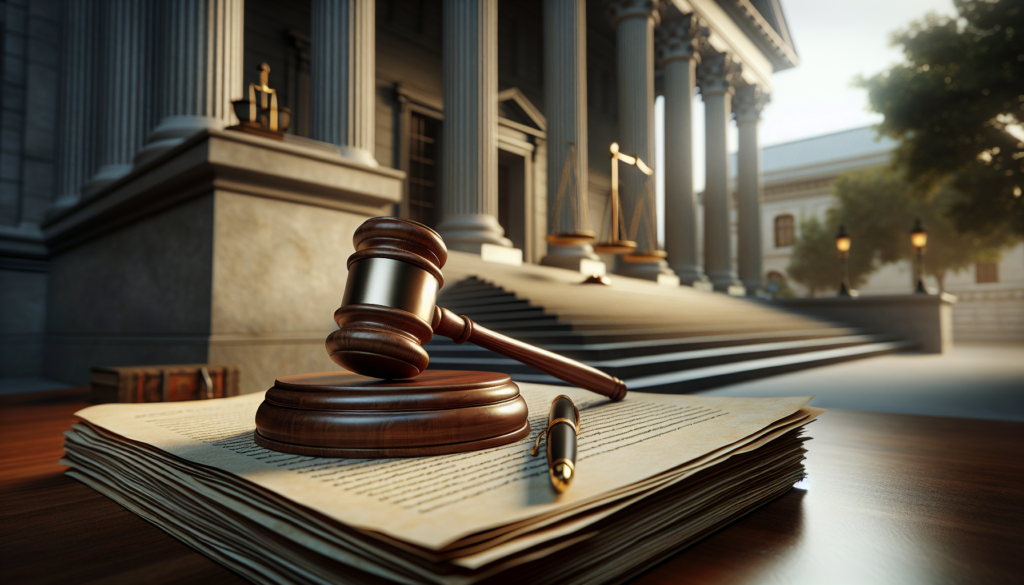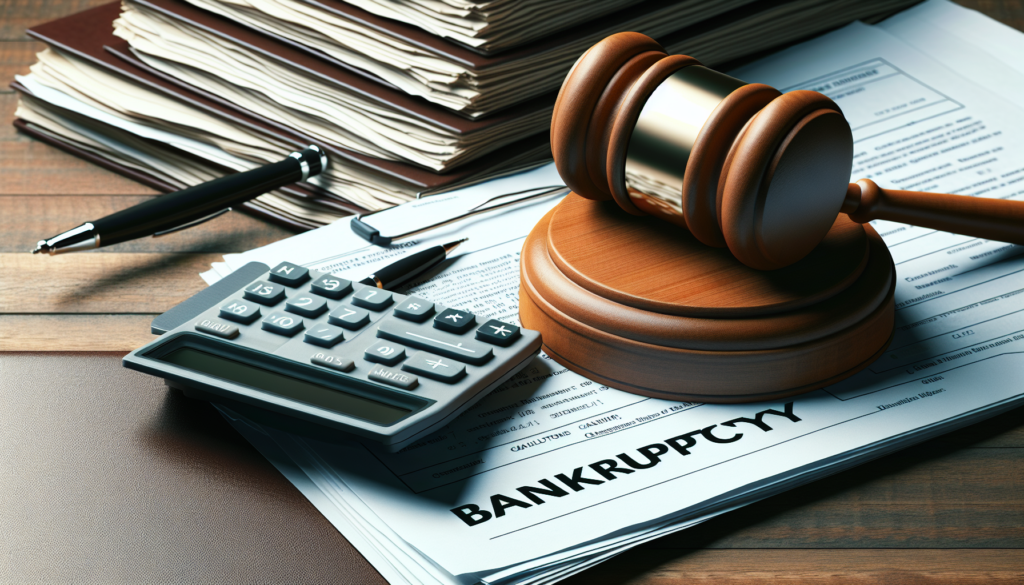
Being in debt can lead to a variety of legal consequences, which can escalate in severity depending on the amount of debt and the length of time it remains unpaid. Bankruptcy can offer a legal remedy to these issues, providing a structured way to address and potentially eliminate debt. Here’s an overview of the legal consequences of debt and how bankruptcy can help:
Legal Consequences of Being in Debt
- Lawsuits: Creditors may file lawsuits against debtors for non-payment. If the creditor wins, the court may issue a judgment against the debtor, leading to wage garnishment, bank account levies, or seizure of assets.
- Wage Garnishment: A common outcome of a creditor lawsuit is wage garnishment, where creditors can legally require your employer to withhold a portion of your earnings to repay the debt.
- Liens: Creditors may place liens on your property, particularly if they secure a judgment against you. A lien can prevent you from selling or refinancing your property without first paying off the debt.
- Foreclosure and Repossession: If you default on a mortgage or auto loan, the lender can initiate foreclosure on your home or repossess your vehicle.
- Utility Shut-offs: Falling behind on utility bills can lead to the discontinuation of essential services like electricity, gas, or water.
- Bank Account Levies: Creditors with a court judgment might be able to levy your bank accounts, seizing funds to cover unpaid debts.
How Bankruptcy Can Help
- Automatic Stay: Filing for bankruptcy initiates an automatic stay, immediately stopping most collection actions, including lawsuits, garnishments, foreclosures, repossessions, and harassing phone calls and letters.
- Debt Discharge: Chapter 7 bankruptcy can discharge most unsecured debts, such as credit card debt, medical bills, and personal loans, freeing you from the legal obligation to repay these debts.
- Debt Repayment Plan: Chapter 13 bankruptcy allows you to reorganize your debts into a manageable repayment plan based on your income, which can include provisions to catch up on arrears for secured debts like mortgages or car loans, potentially avoiding foreclosure or repossession.
- Lien Avoidance: In certain circumstances, bankruptcy can help remove liens from your property, particularly if those liens impair exemptions you’re entitled to under bankruptcy law.
- Stopping Wage Garnishments: Bankruptcy typically stops wage garnishments, allowing you to retain more of your income.
- Legal Representation: During the bankruptcy process, you’ll have legal representation to guide you, providing advice and advocating on your behalf to ensure your rights are protected.
While the prospect of facing legal actions due to debt can be daunting, bankruptcy offers a legal framework to address and potentially resolve these issues. By understanding the specific protections and relief options provided by bankruptcy, individuals can make informed decisions about how to best tackle their debt-related legal challenges. Consulting with a bankruptcy attorney can provide clarity on how bankruptcy might serve as a solution to the legal consequences of debt, tailored to an individual’s unique financial situation.


Get a Free Bankruptcy Case Evaluation